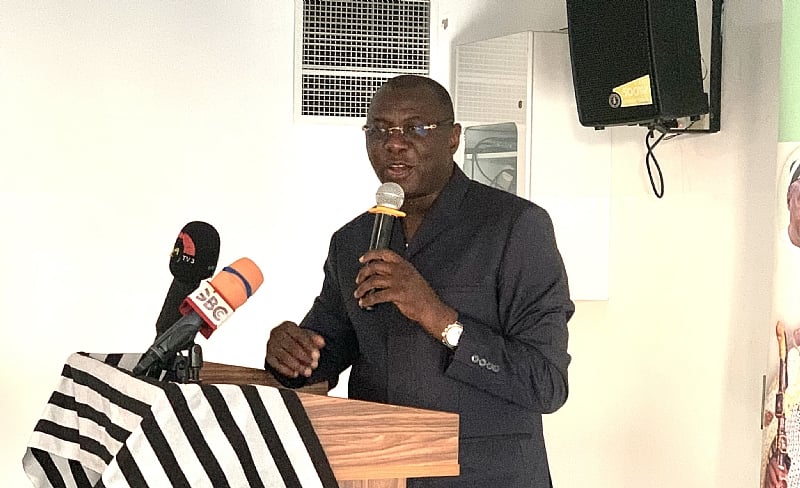Dr. Mohammed Amin Adam, a prominent figure in Ghanaian politics and the former Finance Minister under the New Patriotic Party (NPP), has publicly affirmed his party’s commitment to responsible and constructive opposition. Addressing the Gonjaland Youth Association, Dr. Adam emphasized that while the NPP will critique the policies of President John Dramani Mahama’s administration, they will not resort to sabotage, prioritizing the national interest above partisan politics. He underscored that the success of President Mahama, who also hails from northern Ghana, would reflect positively on the region and pave the way for future leaders like Dr. Mahamudu Bawumia, the NPP’s Vice Presidential candidate. This commitment to national progress, despite political differences, signifies a mature approach to governance, fostering a climate of cooperation and mutual respect for the betterment of the nation.
Dr. Adam’s stance reflects a broader understanding within the NPP that political competition, while inherent in a democratic system, should not be pursued to the detriment of national unity and progress. He highlighted the existing camaraderie amongst Members of Parliament across party lines, demonstrating that political rivalry can coexist with a shared commitment to national goals. This behind-the-scenes cooperation serves as evidence that political actors can transcend partisan divides and work together on issues of national importance. The NPP’s approach, as articulated by Dr. Adam, aims to provide constructive criticism, contributing ideas and alternative perspectives to assist the current administration in achieving its goals, ultimately benefiting the nation as a whole.
This commitment to constructive engagement demonstrates the NPP’s understanding of the delicate balance between holding the government accountable and contributing to national development. By offering critical analysis and alternative policy suggestions, they aim to enrich the political discourse and potentially improve the effectiveness of government policies. This approach allows for a more robust and nuanced debate on national issues, leading to more informed decision-making and ultimately benefiting the citizenry. The NPP’s strategy goes beyond mere opposition for opposition’s sake and embraces a more proactive role in shaping the national agenda.
The NPP’s stance also signifies a growing recognition of the importance of national unity, particularly in the context of Ghana’s diverse political landscape. By choosing collaboration over confrontation, the party is setting a positive example for other political actors and contributing to a more stable and cohesive political environment. This approach fosters trust and mutual respect among different political factions, creating a foundation for more effective governance and collaborative problem-solving. Ultimately, prioritizing national unity strengthens the country’s democratic institutions and promotes long-term stability.
Furthermore, Dr. Adam’s call for unity among political actors from northern Ghana reflects a desire to transcend regional and political divides for the collective benefit of their constituents. He urged them to present a united front when engaging on national platforms and advocating for development initiatives in their region. This appeal for regional solidarity highlights the understanding that a united voice carries more weight on the national stage and is more effective in securing resources and development opportunities. By working together across party lines, northern Ghanaian leaders can better advocate for the needs of their communities and contribute to the region’s socio-economic progress.
The backdrop for Dr. Adam’s address was the Gonjaland Youth Association’s handing-over and fundraising ceremony, where the 49-year-old organization outlined plans to reposition itself as a development-focused youth force. The association intends to achieve this through various initiatives, including fundraising, youth empowerment programs, and diaspora mobilization. This renewed focus on development aligns with the broader call for national unity and progress, illustrating the crucial role youth organizations can play in driving positive change within their communities. By empowering youth and engaging the diaspora, the Gonjaland Youth Association aims to contribute to the socio-economic development of the region and ultimately to the overall progress of Ghana. This revitalized approach demonstrates the organization’s commitment to empowering the next generation of leaders and leveraging the resources and expertise of the diaspora for the betterment of their homeland.


